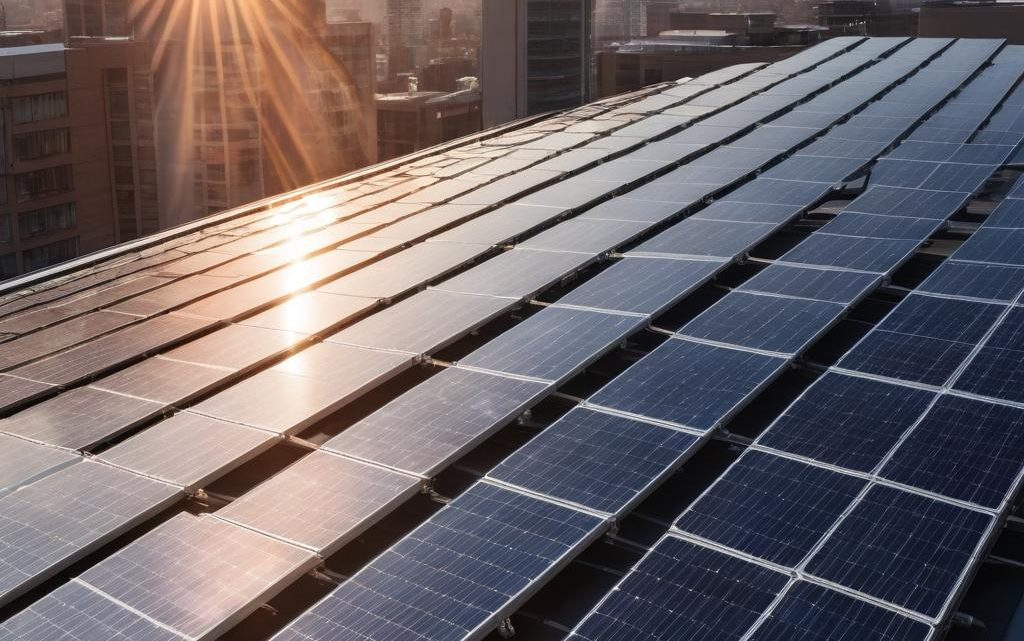
How air temperature affects solar panels efficiency
August 26, 2024Thermal Turbulence: How Temperature Affects Solar Panel Efficiency and the Path to Mitigation
As the world shifts towards renewable energy sources, solar power has emerged as a leading contender in the quest for sustainable electricity generation. However, the efficiency of solar panels is not just dependent on the quality of the panel itself, but also on the external environment in which they operate. One such environmental factor that significantly impacts solar panel efficiency is temperature.
The Impact of Temperature on Solar Panel Efficiency
Temperature has a profound effect on the performance of solar panels. As the temperature increases, the efficiency of the solar panel decreases. This phenomenon can be attributed to several factors:
1. Thermal Noise: As the temperature rises, the thermal noise in the photodiodes and transistors within the solar panel increases. This noise disrupts the signal transmission, leading to a decrease in efficiency.
2. Electrical Resistance: Higher temperatures cause an increase in electrical resistance in the semiconductor materials used in solar panels. This increased resistance leads to a reduction in current flow, resulting in decreased efficiency.
3. Doping Level: The doping level in silicon-based solar cells also affects their efficiency. As temperature increases, the doping level decreases, leading to reduced efficiency.
The Effects of Temperature on Solar Panel Performance
The impact of temperature on solar panel performance can be observed across various parameters:
1. Efficiency Loss: For every 10°C increase in temperature, a typical silicon-based solar cell loses around 0.5% of its efficiency.
2. Increased Power Consumption: As the temperature rises, the power consumption of the inverter and other system components increases, leading to decreased overall efficiency.
3. Reduced Lifespan: Excessive heat can reduce the lifespan of solar panels by accelerating degradation processes such as delamination and cracking.
Mitigating the Impact of Temperature on Solar Panel Efficiency
While temperature is an inherent factor that affects solar panel efficiency, there are several measures that can be taken to mitigate its impact:
1. Cooling Systems: Implementing cooling systems such as air conditioning or liquid cooling can help reduce the temperature and maintain efficiency.
2. Shading Devices: Using shading devices such as umbrellas or louvers can block direct sunlight and reduce heat gain.
3. Temperature Monitoring: Regular temperature monitoring can help identify areas with high temperatures, allowing for targeted cooling measures to be implemented.
4. New Materials and Technologies: Research into new materials and technologies is ongoing, aiming to create solar panels that are more resistant to thermal degradation.
Conclusion
In conclusion, temperature has a significant impact on the efficiency of solar panels. While this phenomenon cannot be completely eliminated, various mitigation strategies can be employed to minimize its effects. As the renewable energy sector continues to grow, understanding and addressing the thermal turbulence affecting solar panel efficiency will become increasingly important for maximizing their performance and lifespan.
